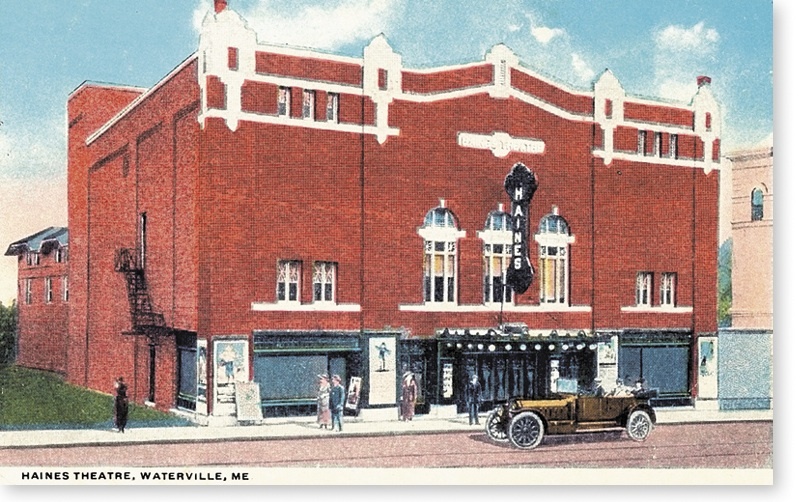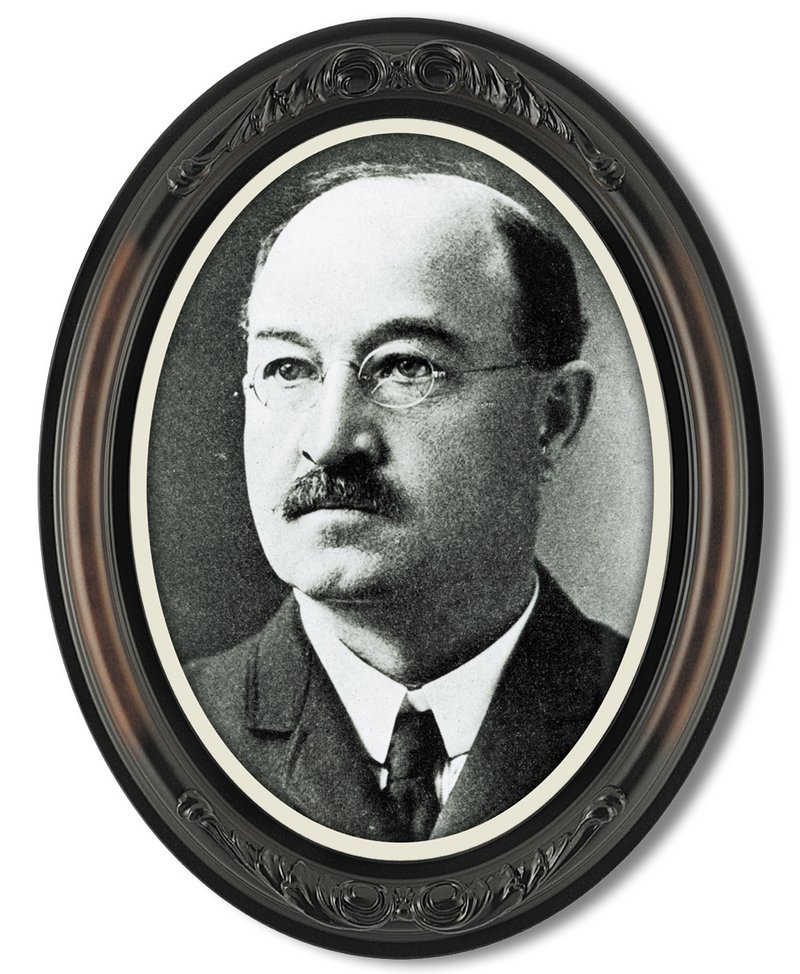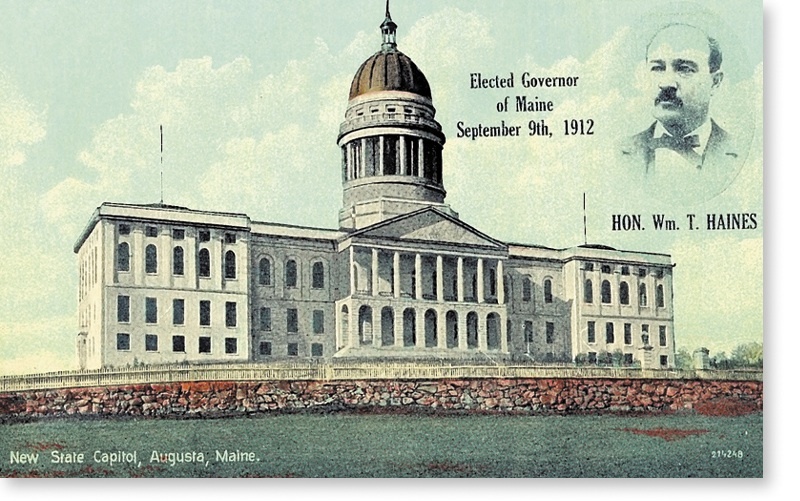AUGUSTA – Republican Gov. William T. Haines told lawmakers 100 years ago today that they should stand firm on state-level Prohibition, and that they should make every day count.
“No one can doubt the curse of intoxicating liquors to most who use them,” he said during his inaugural address, delivered Jan. 2, 1913. “Science has proved their certain destruction to health and life. Business no longer tolerates them. The man seeking employment with rum in his breath, finds no work, but is relegated to the realms of trampdom.”
Haines, a lawyer and Waterville businessman who served a two-year term as chief executive, as was customary in his time, covered a lot of ground during his address. Prohibition, farming, fishing, tourism, roads, the 50th anniversary of the Battle of Gettysburg, and lobbyists all provided fodder for this speech to the Legislature.
While his list of topics will be different, Gov. Paul LePage, a Republican who, like Haines, spent much of his professional life in Waterville, is expected to give his annual State of the State Address to the Legislature later this month.
Haines, born in Levant, graduated from the University of Maine in 1876 and the Albany Law School two years later, according to his obituary published in the Kennebec Journal on June 5, 1919. His death shared the front page with a much larger headline: “Senate Passes Equal Suffrage, Women Win After 40-year Fight.”
Haines practiced law in Oakland and later Waterville, building up what the newspaper described as a “large and lucrative business.” He served as Kennebec County attorney, a state senator and representative, state attorney general and member of numerous bank boards of trustees. He was an Elk, a member of the International Order of Odd Fellows, a timberland operator and “one of the promoters of the Somerset Railway,” the newspaper reported.
State Historian Earle Shettleworth said Haines, who represented Waterville in the Legislature, left a lasting mark on the city. He built several downtown buildings, and some may remember him as the namesake of the city’s first movie theater. Generations of Waterville residents — and Colby College students such as Shettleworth — watched motion pictures in the downtown theater until a fire wiped out the building in 1967.
The Haines Building, which still stands today on Common Street, was an early home to the Morning Sentinel (1904) and later Painter’s Restaurant. A fire in 1942 meant the loss of the top two floors, according to the website watervillemainstreet.org.
“What I’m struck with the most is the fact that he was such an energetic and active person in his professional and public life,” Shettleworth said.
His penchant for getting things done apparently carried over to his approach to the governorship. The 58-year-old urged the Republican Legislature not to put off big decisions.
“It is poor policy to put off hearings and delay consideration of such matters as will come before you until the last few weeks of the session, and then be obligated to work late nights and rush things along, in order to adjourn at a given date,” he said in a 26-page inaugural address. “Make every day count from the start.”
He was also concerned about the future of farming in Maine, but was optimistic about other industries.
“We are anxious to convince the rising generation of the relative desirability of life on these farms,” he said. “We are asking the young men of the state to remain at home and enter upon this work. We ask them to have faith in it.”
At the time he delivered his address, the country was coming off an eventful 1912 in which the Titanic sank, New Mexico and Arizona became states, the Red Sox won the World Series and a postage stamp cost 2 cents. Republican William Howard Taft was president, but would be replaced in March by Democrat Woodrow Wilson.
In Maine, pulp and paper, cotton and woolen mills, and other manufacturers were thriving, thanks to cheap hydroelectric power.
“The boot and shoe industry is probably in the best condition ever known in the history of the state,” he said.
At the time, the emerging automobile industry put pressure on the state to improve the roads.
“The automobile, whether used by the man of wealth for pleasure or recreation, or by the merchant and tradesman in the management of his business, for the trucking and delivering of his goods, or by the farmer in the marketing of his products, has undoubtedly come to stay as a leading means of transportation, and it goes without saying that the better the highways, the more useful can such machines be made,” he said.
The governor encouraged lawmakers to set aside money to help send the estimated 650 Civil War veterans still living to the 50th anniversary of the Battle of Gettysburg. He said arrangements already had been made to transport the soldiers by train and that he did not think taxpayers would mind bearing the expense.
Toward the end of his speech, under the heading “The Lobby,” Haines implored lawmakers to make sure they understood who lobbyists are and whose interests they represent.
“The worst form of lobbying I have ever known is that of the member of the Legislature, who is an attorney or agent of some special cause or interest, and seeks through his vote and influence in exchange for other votes and influences, to carry his points,” he said. “This is sometimes called log-rolling, and may result in very pernicious legislation.”
Kennebec Journal Staff Writer Susan Cover can be contacted at 621-5643 or at:
scover@mainetoday.com
Send questions/comments to the editors.





Success. Please wait for the page to reload. If the page does not reload within 5 seconds, please refresh the page.
Enter your email and password to access comments.
Hi, to comment on stories you must . This profile is in addition to your subscription and website login.
Already have a commenting profile? .
Invalid username/password.
Please check your email to confirm and complete your registration.
Only subscribers are eligible to post comments. Please subscribe or login first for digital access. Here’s why.
Use the form below to reset your password. When you've submitted your account email, we will send an email with a reset code.